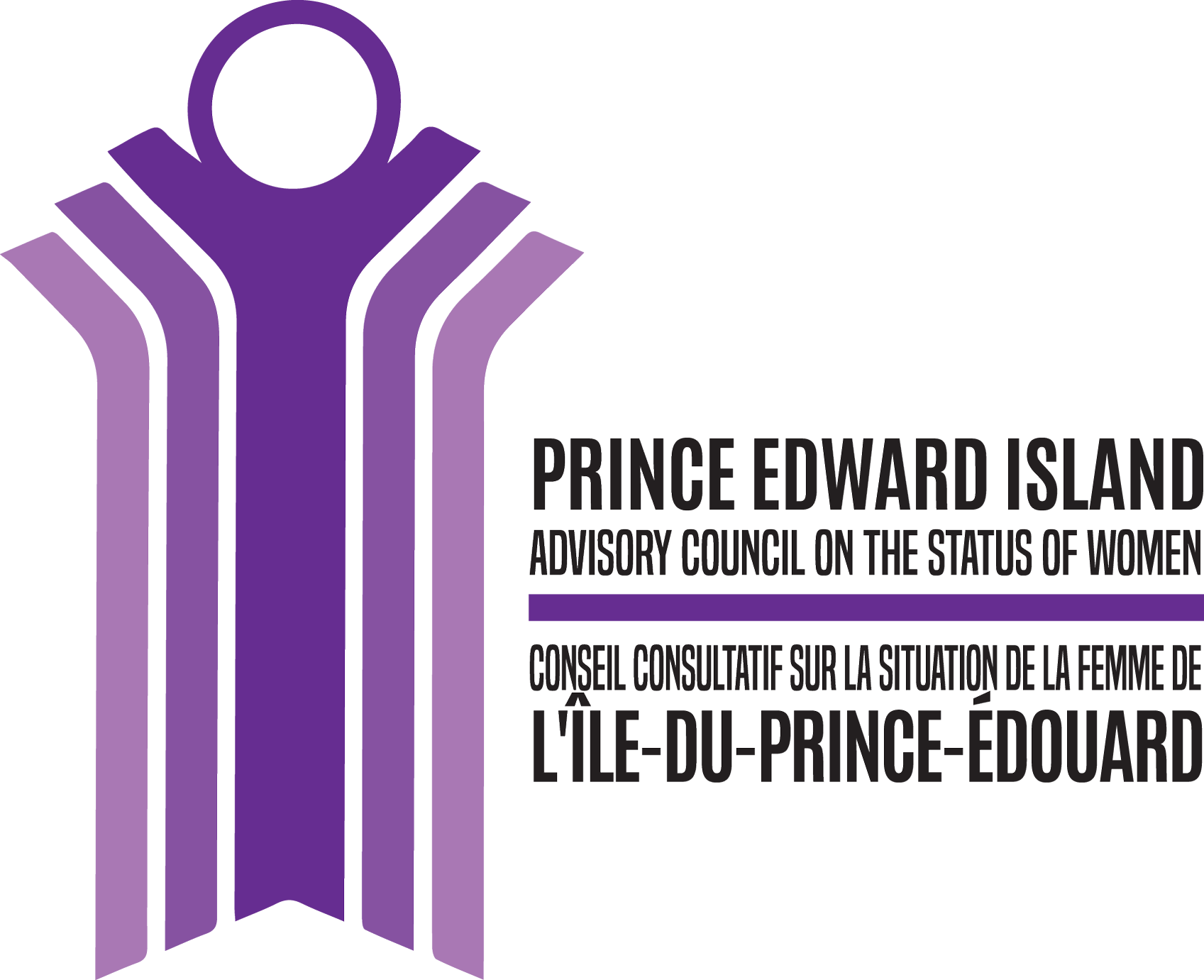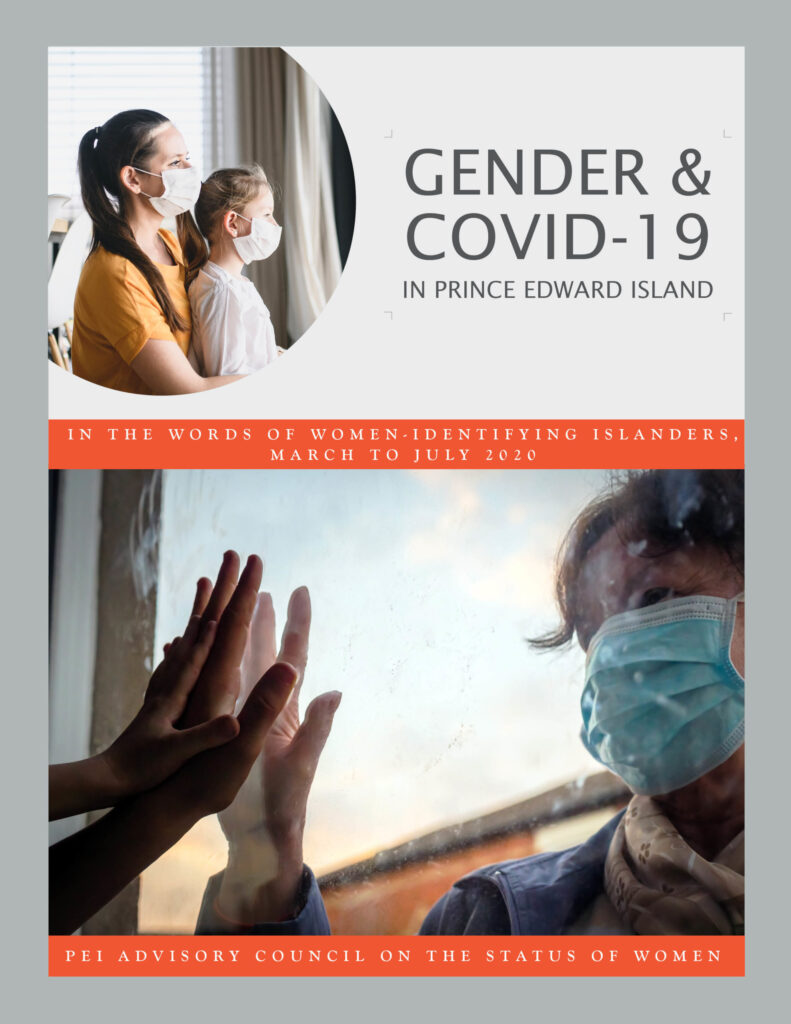Caregiving, as fulfilling as it can be, can also be an overwhelming job, especially without the proper support and resources. And especially during a worldwide pandemic. Covid-19 has had some sort of negative impact on almost everyone as caregivers, whether caring for older adults, children, or other vulnerable people, the pandemic was difficult due to lack of available healthcare resources and other forms of support. And it WAS an unprecedented pandemic! Our healthcare systems and long-term care facilities were not prepared for such a crisis. Additionally, research suggests that caregivers during the Covid-19 pandemic were more at risk of social isolation, stress and neglect of their own health needs as a result of their caregiving responsibilities (Parmar et al, 2021).
Many recall the difficulty of balancing social needs with the need for safety for themselves and vulnerable members of their family or community. Most caregivers have been and are women, who also faced worse outcomes in domestic violence during the pandemic due to social isolation. Covid-19 not only exposed gaps in the healthcare system, but also exposed and increased gaps in gender equality that still haven’t been closed.
The pandemic exposed those who were already most vulnerable to increased risk and exclusion. Folks who had the economic and social capital to isolate their families at home, choose one parent to leave the workforce and stay with the children, work at employment that could be done remotely, and continue to make online purchases were able to cope with the restrictions far better than folks with less wealth. Owning a home and vehicle that ensured safe access to yards, parks, and outdoors spaces was not the reality for many seniors and low-income families. The pandemic also exposed the intersecting challenges faced by racialized people, for example with the increased stress on Indigenous mothers during the pandemic. Despite this, Indigenous mothers showed resilience and used their caregiving as a means of both labor and leadership, as well as cultural preservation and political resistance in the face of childcare shortages, economic instability, and punitive surveillance (Glover et al, 2025).
The PEI Advisory Council on the Status of Women had the foresight to consider the impact of Covid 19 on PEI women as caregivers in 2020. Each of Council’s nine members was interviewed to share and document their experiences during the pandemic, and a unique report was created: Gender & Covid-19 in Prince Edward Island. We are proud to share the voices of a diversity of PEI women caregivers during the Covid experience, and to ensure those perspectives remain for posterity.
Further Reading/References:
To view the PDF of our report ” Gender & Covid-19 in Prince Edward Island” Click here
Parmar, J.; Anderson, S.; Dobbs, B.; Tian, P.G.J.; Charles, L.; Triscott, J.; Stickney-Lee, J.; Brémault-Phillips, S.; Sereda, S.; Poole, L. Neglected Needs of Family Caregivers during the COVID-19 Pandemic and What They Need Now: A Qualitative Study. Diseases 2021, 9, 70. https://doi.org/10.3390/diseases9040070
Glover, R., Downey, M.M., O’Connor, C.E. et al. Indigenous Motherwork in Crisis: Caregiving, Resistance, and Community Survival During the COVID-19 Pandemic. Sex Roles 91, 34 (2025). https://doi.org/10.1007/s11199-025-01584-4



